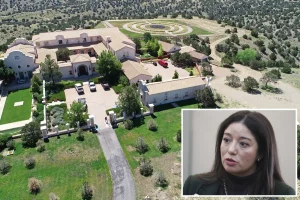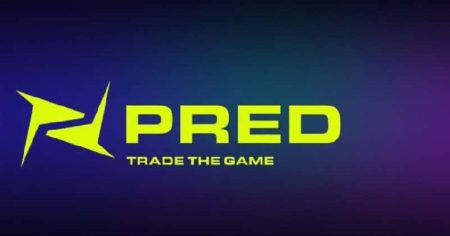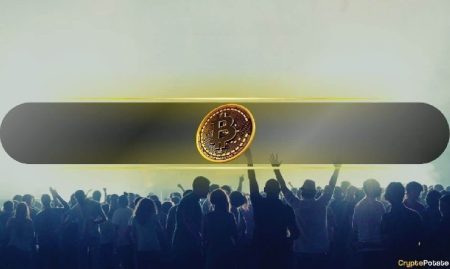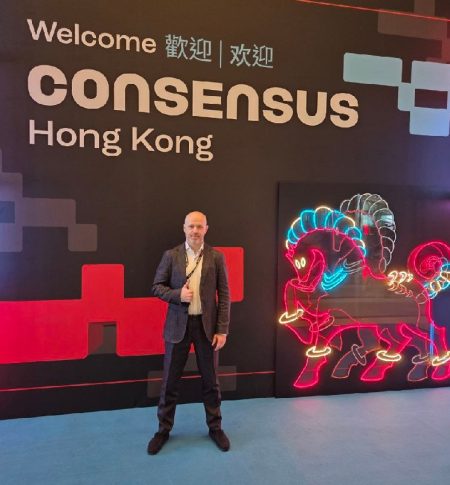**The Dubai Land Department (DLD) has launched its first tokenized real estate platform as a bold initiative aimed at transforming the Dubai property market into a digital-driven economy by 2033. The project, officially known as Prypco Mint, is being developed in partnership with real estate fintech firm Prypco, and it leverages advancements in blockchain technology to enable fractional ownership of property through digital currency. According to a press release, the platform allows investors to purchase ownership in Dubai properties using local currency, starting at 2,000 dirhams, which converts to approximately $540. This launch marks a significant step in Dubai’s rise in the crypto space, a trend that’s gaining traction globally.
The initial phase of the platform focuses on supporting dirham transactions and is exclusively available to UAE ID cardholders. However, the DLD acknowledges the potential for future expansions and wants to enhance the platform’s capabilities by integrating more digital tools. Dubai’s partnering with Zand Digital Bank as the banking partner further underscores the global deployment, while regulatory oversight will be provided by the UAE Central Bank, Dubai’s Virtual Assets Regulatory Authority (VARA), and the Dubai Future Foundation, through its Real Estate Sandbox program. This structured partnership aims to ensure that the platform’s blockchain infrastructure aligns securely with traditional government real estate ledgers.
The technical backbone of the project is rooted in tokenization specialist Ctrl Alt’s expertise, which has selected the XRP Ledger blockchain system for the property title deeds. This choice reflects a deepening interest in blockchain technology, which has gained frequent mention in recent conversations as a promising tool for specializing in the tokenization of traditional financial instruments such as bonds, funds, and real estate. The integration of XRP ledger technology ensures that the blockchain will remain in sync with the traditional regulatory ledgers, a critical aspect of the project’s success.
This tokenized approach has the potential to disrupt traditional real estate transactions by enabling faster, cheaper, and more secure dealings. By representing 7% of Dubai’s total property transactions by 2033, tokenized real estate could play a significant role in shaping the city’s financial landscape. According to sources, this launch aligns with broader trends in the crypto industry, which is growing rapidly worldwide. The DLD’s emphasis on accelerating tokenization reflects a broader focus on speculative development in the digital asset space, with several other films and platforms in the works that aim to create digital alternatives for real estate and financial transactions.
The potential for tokenized real estate as a transformative market is immense, given the growing demand for independent ownership through platforms like Binance, wallets, and alternative finance solutions. The Dubai Future Foundation, in particular, is exploring innovative solutions to safeguard the authenticity of real estate assets. By providing a transparent and secure alternative, Dubai’s project could serve as a model for other cities around the world as they begin to attend to larger digital transformation efforts. As the market evolves, tokenized real estate holds promise not just as a real estate product, but as a circulation vehicle for a wide variety of assets, potentially reshaping the financial and financial assets landscape.















